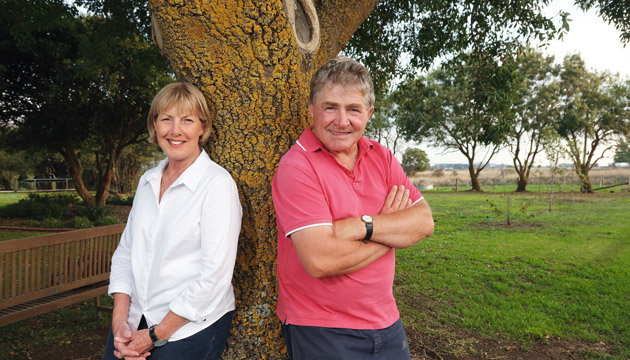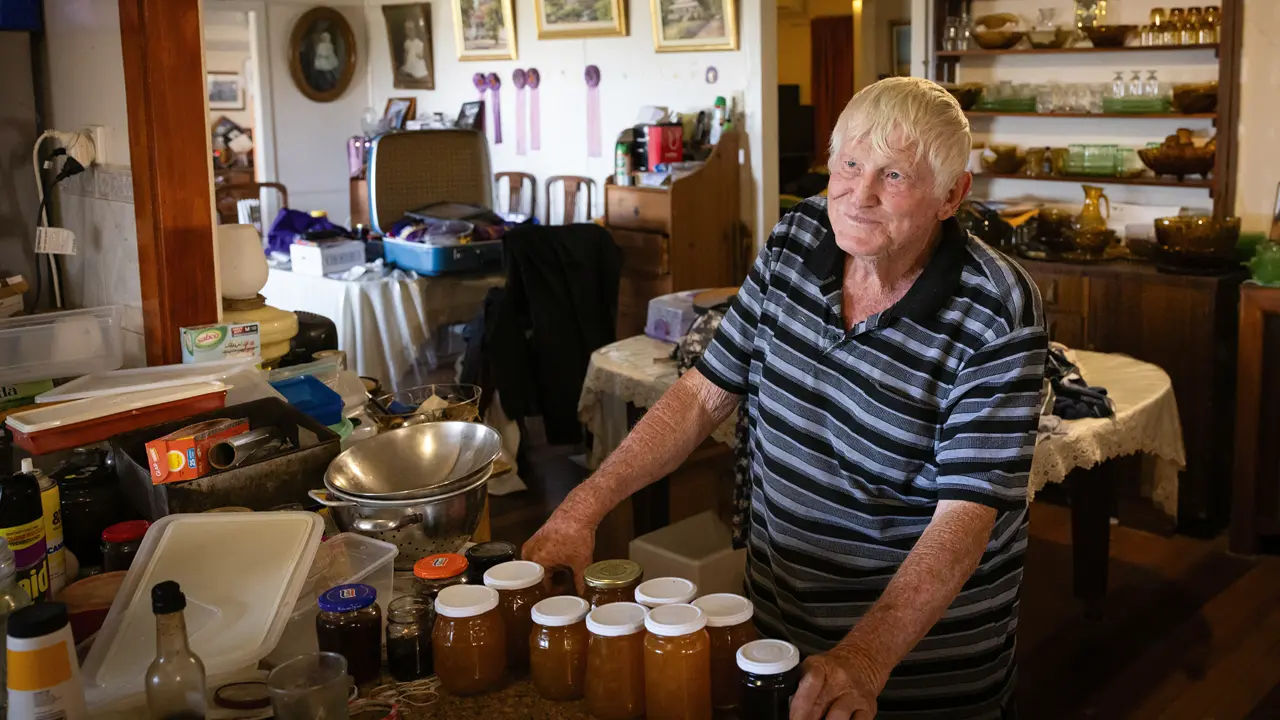A new research project is tackling one of the most taboo subjects in the bush.
Story by Amanda Burdon Photo Neil Newitt
Rural suicide rates are double that of metropolitan areas and men in remote Australia are up to three times more likely to suicide than their urban counterparts. These figures meant very little to Jen Irrgang until April 3, 2013 – the day her larrikin husband of 25 years, Mark, became one of the statistics.
“Mark was an ordinary bloke. There were no signs, nothing,” says Jen, of Sedan, north-west of Adelaide. “Even his best friend didn’t know he had been suffering from depression. I am still shocked, years later. You never come to terms with it. You just come to accept it.
“Suicide is a very difficult subject for people to broach. At first, people asked me did I want others to know how Mark died. Right from the outset, we never covered it up. There’s no hiding it and I am not ashamed of Mark. It’s a tragedy, that’s all.”
Still, there’s no escaping the unanswered questions that Jen and her two teenage daughters were left with – especially why a popular, sociable man who could “talk the leg off a table” could not tell anyone he was hurting. “That’s the hardest thing,” she says. “I just wish he’d spoken up and asked for help.”
Jen is bravely sharing her family’s heartache courtesy of a National Centre for Farmer Health research project that aims to reduce the stigma associated with suicide, curb suicide rates in rural Australia, and provide more effective support to those affected. The Ripple Effect gives those who have been touched by suicide an opportunity to share their experiences and insights, to help others and themselves. It is hoped that their short videos and deeply moving postcards – recalling suicide attempts and the distressing fallout of suicide but also delivering messages of hope and support – enable participants to see that they are not alone.
“The idea is that learning what other people have experienced reduces the stigma surrounding your own experiences and makes them more understandable,” says behavioural scientist and program coordinator, research fellow Alison Kennedy. “We hope it creates a community of people who can learn from one another and encourages those who need it to seek help.
“We know that having suicidal thoughts causes feelings of indignity and shame, damages relationships and results in social isolation. People in rural areas, who have grown up with a culture of self-reliance, where you must ‘battle the elements’ and never show vulnerability, can feel like they have failed. Some also fear the negative judgement of others. This stigma can stop them from seeking help and increase the risk of suicide.”
Those inspired or encouraged by the website’s messages can learn where to find professional and peer support or set personal goals to boost their health and wellbeing. “This hopefully helps them to gain back some control, and achieving those goals helps to put things into perspective,” Alison says. “Sometimes people simply need help to reflect on their situation and to connect with somebody. We know that farmers are very willing to offer support to others but less likely to ask for help themselves.”
Sharing her story and becoming one of the Ripple Effect’s 60 champions, who work in their own communities across Australia to raise awareness of suicide risks and protection factors, has provided Jen some comfort. “It has helped me to better understand where my husband must have been,” she says. “I don’t blame myself so much now; I’ve realised that it wasn’t my fault. Instead of condemning Mark, I concentrate on helping others to avoid what we have gone through.”
Victorian dairy farmer Jack Kenna, 57, offers another perspective. The AFL football fanatic, keen golfer and tennis player from near Terang, south-west of Melbourne, has been admitted for psychiatric care twice since being diagnosed with a bipolar disorder almost 30 years ago. “More than once I have wondered if it might be better if a milk tanker came through an intersection and cleaned me up, to put me out of my misery,” he says. “I broke my pelvis in 2007 in a quad bike accident, but that was a walk in the park compared to mental illness. You wouldn’t wish it on your worst enemy.”
This story excerpt is from Issue #113
Outback Magazine: June/July 2017










